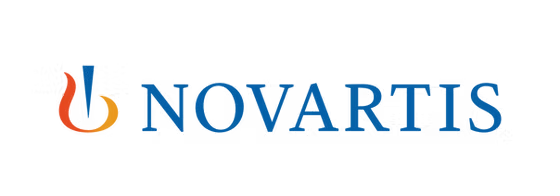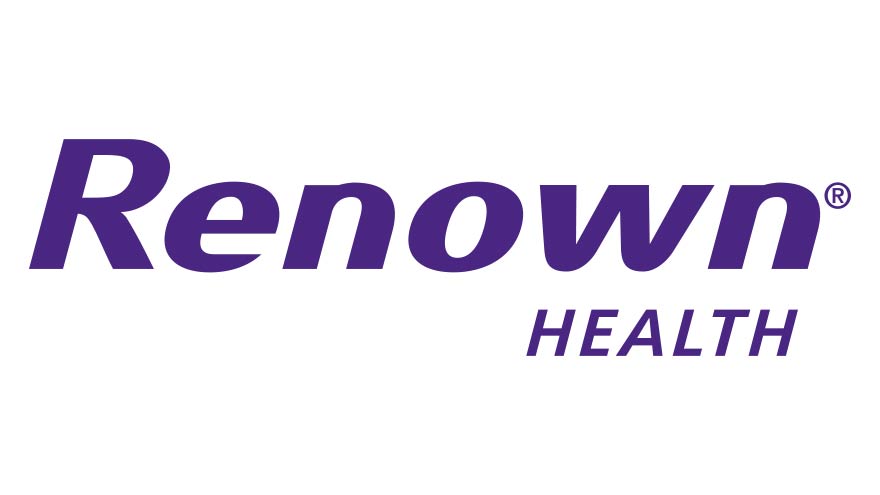
22 Jan 2025
At first glance, program managers and project managers might seem similar. However, their roles are different and equally important in helping organizations succeed. Let’s explore what sets them apart and how they work together.
Why Understanding These Roles Matters
Program managers and project managers help businesses meet their goals. Understanding their differences is essential for building strong teams, managing resources well, and reducing risks.
What Does a Project Manager Do?
A project manager focuses on completing one project at a time. Their job is to make sure the project stays on track, within budget, and meets its goals.
Whether it’s launching a new product or organizing an event, project managers plan, execute, and wrap up projects efficiently.
Key Responsibilities of a Project Manager
- Planning: Create a clear project roadmap.
- Execution: Ensure tasks are completed on time.
- Coordination: Manage teams, resources, and communication.
- Problem-Solving: Address unexpected challenges quickly.
- Tracking Progress: Monitor timelines, budgets, and results.
Important Skills for Project Managers
- Organization: Keep tasks and schedules in order.
- Communication: Share clear updates with teams and stakeholders.
- Risk Management: Spot problems early and find solutions.
- Adaptability: Handle changes and keep the project moving.
- Technical Knowledge: Use tools like Agile or Waterfall methods.
Tools They Use
- Task Management: Trello, Asana, Jira.
- Time Tracking: Gantt charts and project timelines.
- Communication: Slack, Microsoft Teams.
- Reports: Tools like Microsoft Project or ClickUp.
Project Manager’s Goal
The main aim is to deliver a project successfully. This means meeting deadlines, staying within budget, and ensuring stakeholders are happy with the outcome.
What Does a Program Manager Do?
A program manager oversees multiple related projects. Their job is to ensure all projects work together to support larger business goals. They focus on high-level planning, resource allocation, and long-term strategy.
Key Responsibilities of a Program Manager
- Strategic Planning: Align projects with business goals.
- Coordination: Manage how projects connect and complement each other.
- Resource Management: Distribute resources efficiently across projects.
- Risk Management: Handle risks that affect multiple projects.
Important Skills for Program Managers
- Leadership: Guide project managers and inspire teams.
- Big-Picture Thinking: Focus on long-term goals.
- Communication: Keep stakeholders and teams informed.
- Flexibility: Adapt strategies when needed.
Tools They Use
- Program Tracking: Smartsheet, Planview.
- Resource Management: Float, Resource Guru.
- Reports: Tableau, Power BI for data insights.
Program Manager’s Goal
The main goal is to achieve broader business objectives, such as increasing efficiency or market growth, by ensuring all projects align with the company’s strategy.
Key Differences Between the Roles
Here’s how program managers and project managers differ:
1. Scope:
- Project managers focus on a single project.
- Program managers handle multiple related projects.
2. Responsibilities:
- Project managers manage day-to-day tasks and timelines.
- Program managers look at the big picture, focusing on strategic goals.
3. Risk Management:
- Project managers tackle risks specific to their project.
- Program managers handle risks that affect multiple projects.
4. Level of Involvement:
Project managers are deeply involved in daily tasks.
Program managers maintain a high-level view.
How They Work Together
Program managers and project managers collaborate closely to ensure success. While project managers focus on individual projects, program managers ensure all projects align with broader goals.
Clear Communication
Program managers and project managers need open communication. Regular updates and meetings help them stay aligned and handle issues early.
Conflict Resolution
When projects overlap or teams face challenges, program managers step in to resolve conflicts and keep everything on track.
In summary, both program managers and project managers play essential roles. Understanding their differences and how they work together helps organizations achieve both short-term and long-term success.











Comments (0)